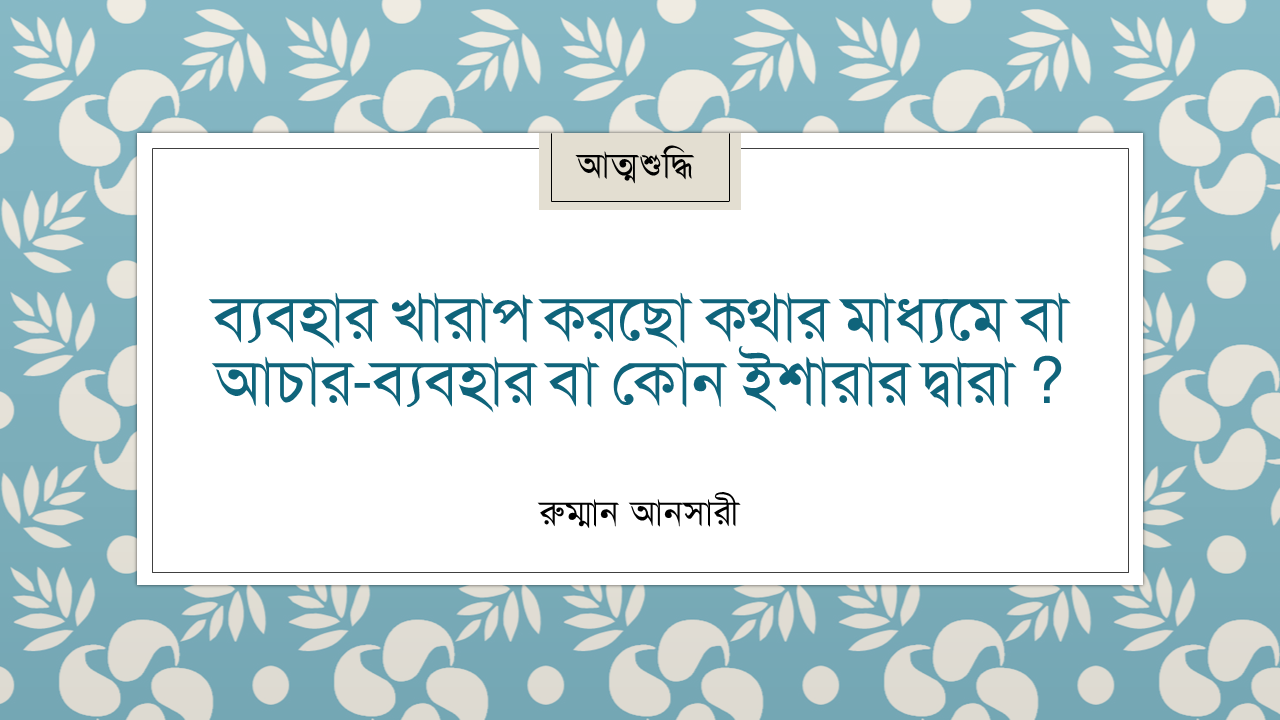How to handle difficult situations?
How to handle difficult situations?
Introduction:
Difficult situations are a part of life, and it's essential to have the skills and tools to handle them effectively. Whether it's a conflict at work, a difficult conversation with a loved one, or a challenging task, being able to navigate difficult situations can make all the difference in our personal and professional lives. In this blog post, we'll explore ten strategies for handling difficult situations that will help you stay calm, focused, and in control.
-
Take a deep breath: When we're faced with a difficult situation, it's natural to feel stressed and anxious. The first step in handling any difficult situation is to take a deep breath and try to calm your mind and body. This will help you think more clearly and make better decisions.
-
Stay calm: It's essential to stay calm and composed, even in the most challenging of situations. When we're calm, we're better able to think logically and make rational decisions.
-
Listen actively: One of the most effective ways to handle difficult situations is to listen actively to the other person. This means truly hearing what they have to say, without interrupting or getting defensive. By listening actively, you'll be able to understand their perspective and find common ground.
-
Stay positive: It's easy to get caught up in negative thoughts and emotions when we're faced with a difficult situation, but it's essential to stay positive. A positive attitude can help you stay focused and motivated, and it will also make it easier for others to work with you.
-
Communicate clearly: Clear communication is crucial when handling difficult situations. Make sure you express yourself clearly and concisely, and avoid using jargon or technical terms that the other person may not understand.
-
Look for solutions: Instead of getting bogged down in the problem, focus on finding solutions. This will help you stay focused and motivated, and it will also make it easier for others to work with you.
-
Be flexible: In difficult situations, it's essential to be flexible and open to new ideas. Sometimes the best solution is one that you never would have thought of on your own.
-
Take responsibility: When things go wrong, it's easy to blame others, but it's essential to take responsibility for your actions. By taking responsibility, you'll be able to learn from your mistakes and make better decisions in the future.
-
Keep things in perspective: It's easy to get caught up in the moment and lose sight of the bigger picture. It's essential to keep things in perspective and remember that this too shall pass.
-
Learn from the experience: No matter how difficult the situation, there is always something to be learned. Take the time to reflect on what you've learned and how you can use this knowledge in the future.
Conclusion:
Handling difficult situations is never easy, but with the right skills and tools, it's possible to navigate them effectively. By staying calm, listening actively, staying positive, communicating clearly, looking for solutions, being flexible, taking responsibility, keeping things in perspective, and learning from the experience, you'll be able to handle any difficult situation that comes your way.
Approaching Difficult Situations from an Islamic Perspective
In Islam, handling difficult situations requires a combination of patience, faith, and taking positive actions. Here are a few Islamic principles that can guide one's actions in handling difficult situations:
-
Sabr (Patience) - Patience is a key virtue in Islam, and it is essential when dealing with difficult situations. It involves accepting the situation, being resilient, and not losing hope.
-
Tawakkul (Reliance on God) - Tawakkul is the belief that ultimately, everything is in God's control and one should put their trust in Him. This can help to ease anxiety and stress in difficult situations.
-
Du'a (Supplication) - Making du'a, or asking for God's help and guidance, is an important aspect of handling difficult situations. It is believed that God will always listen and respond to sincere prayers.
-
Positive Action - While relying on God and making du'a, it is also important to take positive actions to address the situation. This might involve seeking help from others, making plans, and taking steps to improve the situation.
-
Gratitude - Being thankful for what one has and recognizing the blessings in difficult situations can help to put things in perspective and maintain a positive outlook.
-
Forgiveness - Holding grudges and harboring negative feelings towards others can only add to the stress and difficulty of a situation. Forgiving others and seeking forgiveness from those one may have wronged can bring peace and resolution.
-
Empathy - Try to put yourself in other's shoes, this will help to understand the situation and respond accordingly.
-
Mindfulness - Be present in the moment, do not let your mind wander to the past or the future. This will help to stay focused on finding solutions.
-
Seek advice - If you are unsure of how to handle a difficult situation, seek advice from someone who has experience or knowledge on the matter.
-
Remember the ultimate goal - Keep in mind the ultimate goal of pleasing Allah, and that the difficulties one faces in this life are a test from Him.





































